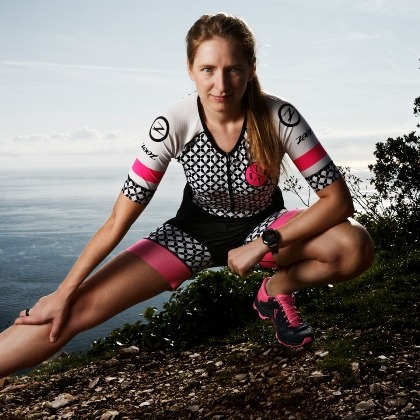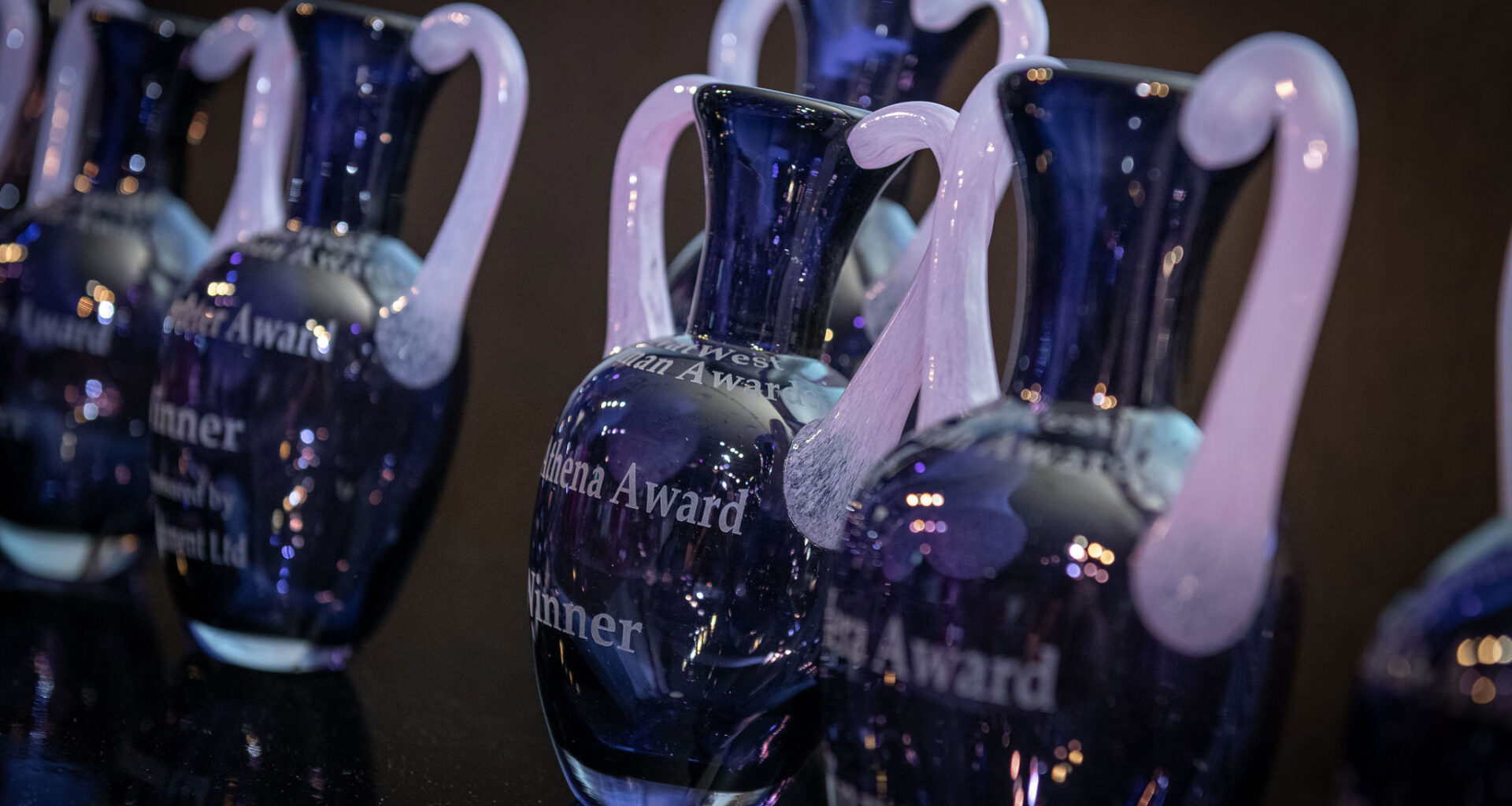Most startups can use data to measure their way to success, but for FemTech startups data is everything. The lack of data surrounding women’s bodies, health and wellness mean that FemTech data can unleash the potential for both startups and society. But – most importantly, utilising data in an effective way for your startup could unlock thousands of potential opportunities for your customers that you hadn’t seen before.
In this piece, we draw on the expertise of three data-focused individuals, to describe the dos and don’ts of data, and how to get successful results.
What is Data?
Michael Seddon who currently works as Director of Data Engineering for GSK Consumer Health helped us understand what data is. He said, “Data is a collection of ‘things’ – names, dates, statistics, etc – that should form a foundational layer of a FemTech startup’s offering.”
Noa Weiss, who works both with startups and larger companies, and helps them use their data to drive business success, followed Michael’s line of thinking. She said, “Data is information at its raw state. Carefully processed, it becomes insights, conclusions and knowledge.”
Smart use of data could empower every company, and that is especially true for FemTech companies
Noa Weiss
The Importance of Data
For Noa, this ability to draw conclusions was the importance of the data. She asserted, “Smart use of data could empower every company, and that is especially true for FemTech companies, which face the challenge of creating knowledge in a field long neglected by traditional science.”
It’s crucial to have companies specifically looking into women’s data to be able to serve women as they should be
Helene Guillaume
Helene Guillaume, CEO of WILD.AI – an app that is backed by data, noted this point too. “There is a widening gender-data gap: we create every day more data, and it’s still mostly based on male physiology. It’s crucial to have companies specifically looking into women’s data to be able to serve women as they should be.”
Helene also emphasised that companies were easier to trust when backed by data. On reflecting on her own company she noted, “we are a data-driven company, and all decisions are made based on analysis.”
Collecting Data
Michael Seddon emphasised this point on analysis and noted that startups should ask four key questions:
- What – things are you collecting?
- Why – are you collecting them?
- Where – can you link those things into your wider business vision?
- How – can you combine these things in ways that will generate business value?
It is important to take a close look at your business goals and how you intend to achieve them
Michael noted that “If these questions can’t be answered, it is important to take a close look at your business goals and how you intend to achieve them.”
Data Metrics
Helene, drew from her own experience when discussing data. For Wild.AI the importance lies in their customers. As Helene noted, “we are customer-first, which is a good ethos to have, and to which women buy into, and trust.”
Being customer-driven means that Wild.AI focuses on one start metric at a time, and re-assess this metric regularly. Helene reflecting on Wild.AI’s most recent metrics which have been:
- Growth – good that more than 1 person wants our product
- Revenues – great to see people actually want to pay for our product, that we have “a business”
- Retention and engagement – crucial, as leads everything else At our core,
Try to reflect on these metrics within your own business strategy and ask yourself what value are you trying to derive and what is the best way to capture this value?
Utilising AI
Noa Weiss, who has over a decade of working with data in the AI & machine learning space, noted the potential of AI to try and solve your specific business objectives. She outlined three key points:
- Think small – “The options with data science and machine learning are infinite, and it’s easy to get lost in everything that *could* be done. Instead – focus. Pick the one, most urgent feature – and start there. Once this is done, pick the next one.”
- Go for simplicity. “Machine learning models may be all the rage, but often you can get good-enough results with simpler, *faster* options. They might not be as glamorous or buzz-wordy – but they allow you to launch your product faster. Once you’re launched and have a growing user base, you can switch your focus to improving the algorithm.”
You don’t want to miss out on those precious first months of data that could later be used to improve your product!
- Collect first, analyse later – “One of the first things you should do is decide what data you want to work with in the future, and make sure it’s properly collected and stored. Data science and machine learning require large amounts of data – and you don’t want to miss out on those precious first months of data that could later be used to improve your product.”
Data is important for every single startup and although early-stage startups don’t have as much data to leverage, it’s important that your startup recognises the potential of data early on, so you can harness it to make open opportunities.
With thanks to our contributors:










